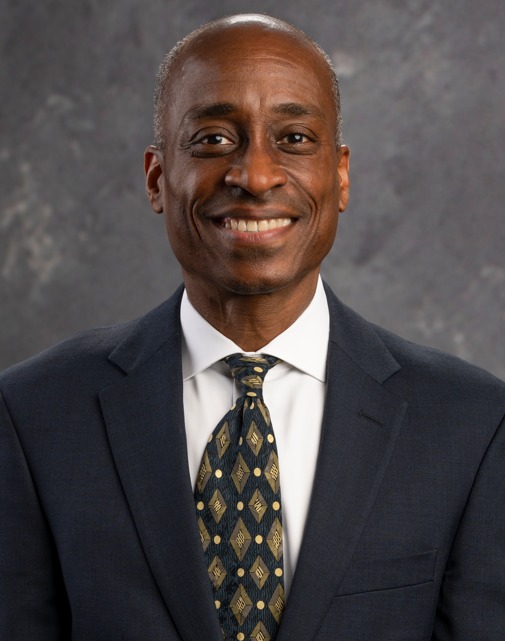
Photo/U.S. Government Work
The U.S. Senate confirmed Philip Jefferson as vice chair of the Federal Reserve on Wednesday, September 6, by a vote of 88-10. The overwhelming vote reflects broad bipartisan support for Jefferson, who will become the second Black vice chair in the Fed's history, after Roger Ferguson, who served during the Clinton administration.
Jefferson is an academic economist. He has been conducting research in monetary economics and finance since earning his PhD in economics from the University of Virginia in 1990. He has held faculty positions at Columbia University and the University of California, Berkeley, and served as an economist at the Fed Board of Governors. In 1997, Jefferson joined Swarthmore College, where he teaches courses in econometrics, macroeconomics, poverty and inequality, and other topics.
Jefferson's academic research focuses on labor markets and poverty. He published a paper in 2008 that examined the relationship between economic volatility faced by African-American households and female-headed households and the decline in economic output volatility. In 2015, he argued that the costs and benefits of "tight labor markets" that stimulate labor market tightness outweigh the benefits.
In an interview with the Minneapolis Fed publication in 2018, Jefferson also discussed the challenges of being a minority in the field of economics. "I had never worked with another Black economist in a department, ever," he said at the time. "My passion and enjoyment of learning new things, writing, and expressing my opinions in different conversations have helped to fill the void of not looking like my colleagues."
Reuters reported that Jefferson's confirmation as vice chair means he will work closely with Powell and New York Fed President John Williams to discuss policy options before each meeting of the 19-member Federal Open Market Committee.
The term of office for a Fed vice chair is four years. Traditionally, the vice chair is the Fed chairman's first choice for policy communication, responsible for emphasizing key information the Fed wants to convey and clarifying potential misunderstandings. Jefferson's 14-year term as a Fed governor is a separate matter, beginning with his appointment to the board in 2022 and expiring in 2036.


 川公网安备 51019002001991号
川公网安备 51019002001991号





